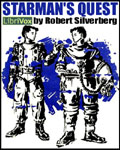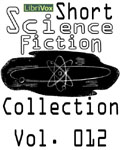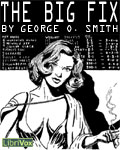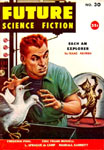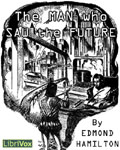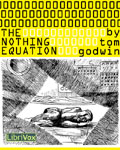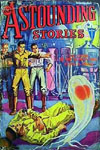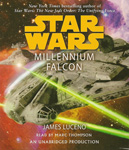
 Thanks go to LibriVox for Triplanetary. This is the first book length public domain audiobook by E.E. “Doc” Smith. Here’s the editorial from the first issue of its serialization in Amazing Stories:
Thanks go to LibriVox for Triplanetary. This is the first book length public domain audiobook by E.E. “Doc” Smith. Here’s the editorial from the first issue of its serialization in Amazing Stories:
“We are sure that our readers will be highly pleased to have us give the first installment of a story [Triplanetary] by Dr. Smith. It will continue for several numbers and is a worthy follower of the ‘Skylark’ stories which were so much appreciated by our readers. We think that they will find this story superior to the earlier ones. Dr. Smith certainly has the narrative power, and that, joined with his scientific position, makes him an ideal author for our columns.”
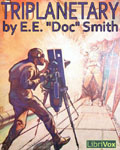 Triplanetary
Triplanetary
By E.E. “Doc” Smith; Read by Mark F. Smith
13 Zipped MP3 Files or Podcast – Approx. 6 Hours 25 Minutes [UNABRIDGED]
Publisher: LibriVox.org
Published: July 21, 2009
E.E. “Doc” Smith virtually invented the space opera sub-genre singelhandedly. In Triplanetary physics, time, and politics never stand in the way of a plot that gallops ahead without letup. The heroes of Smith’s story are all scientists. In their hands the electromagnetic spectrum becomes a raw material to be molded into ever-more amazing and lethal forms, and the speed of light is no bar to their traveling through the interstellar void. Come enjoy this story of yesteryear, set in tomorrow, where real women ignite love at a glance, real men achieve in days what governments manage in decades, and aliens are an ever-present threat to Life-As-We-Know-It! First published in the January, February, March and April 1934 issues of Amazing Stories magazine.
Podcast feed:
http://librivox.org/bookfeeds/triplanetary-by-ee-doc-smith.xml
iTunes 1-Click |SUBSCRIBE|
Additional credit for this audiobook goes to:
Dedicated Proof-Listener: Ans Wink
Meta-Coordinator/Cataloging: David Lawrence
Posted by Jesse Willis
